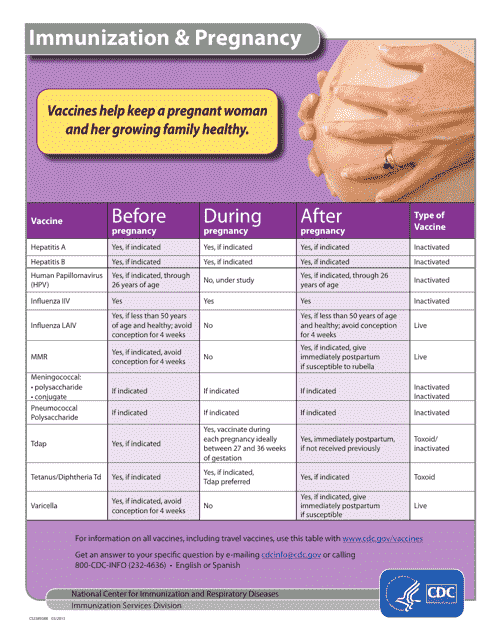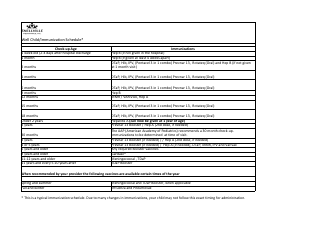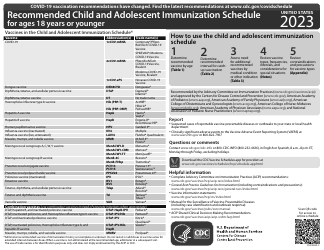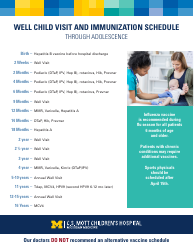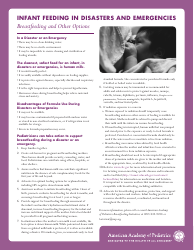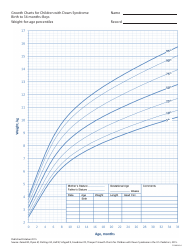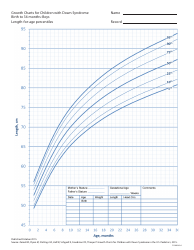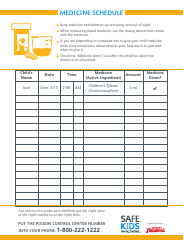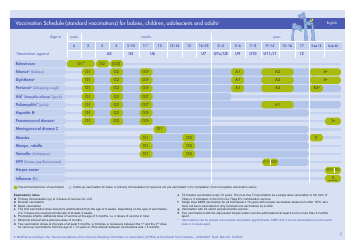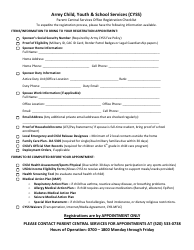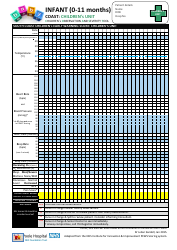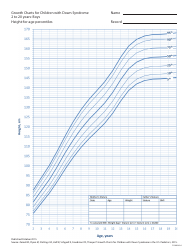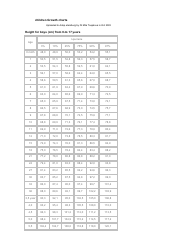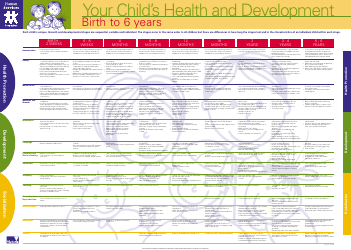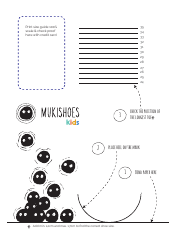Pregnancy Immunization Schedule
The Pregnancy Immunization Schedule is designed to protect pregnant individuals and their developing babies from certain diseases by providing specific vaccines during pregnancy. These vaccines help prevent infections that can be particularly harmful to both the mother and the baby.
The pregnancy immunization schedule is not filed by a specific entity. It is a guideline provided by the Centers for Disease Control and Prevention (CDC) and is typically followed by healthcare professionals.
FAQ
Q: What is the pregnancy immunization schedule?
A: The pregnancy immunization schedule is a recommended series of vaccines that pregnant women should receive to protect themselves and their baby.
Q: Which vaccines are recommended during pregnancy?
A: The vaccines recommended during pregnancy include the flu vaccine and the Tdap vaccine (which protects against tetanus, diphtheria, and pertussis, also known as whooping cough).
Q: When should I get the flu vaccine during pregnancy?
A: The flu vaccine is recommended for pregnant women during flu season, typically from September to May.
Q: When should I get the Tdap vaccine during pregnancy?
A: The Tdap vaccine is recommended between 27 and 36 weeks of pregnancy.
Q: Are these vaccines safe during pregnancy?
A: Yes, both the flu vaccine and the Tdap vaccine are considered safe during pregnancy and are recommended by healthcare professionals.
Q: Why is it important to get vaccinated during pregnancy?
A: Getting vaccinated during pregnancy helps protect both the mother and the baby from serious illnesses and complications.
Q: Can vaccines harm the unborn baby?
A: No, vaccines do not harm the unborn baby. In fact, they provide important protection for both the mother and the baby.
Q: What are the potential risks of not getting vaccinated during pregnancy?
A: Not getting vaccinated during pregnancy can increase the risk of serious illnesses and complications for both the mother and the baby, including severe flu and whooping cough.
